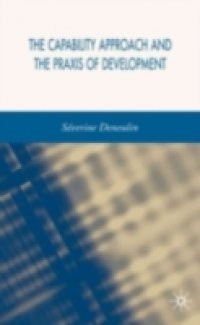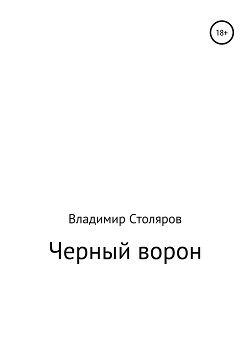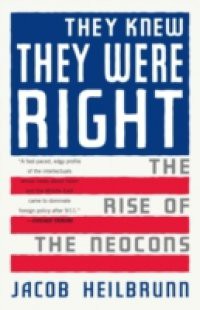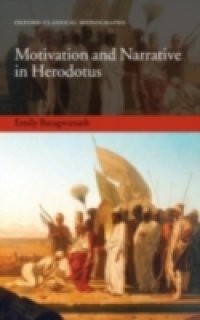Nobel Laureate Amartya Sen has shifted the welfare foundations of economic theory by assessing human well-being in terms of 'freedoms'. This has led to a new paradigm in development economics: development is about expanding the freedoms that people have reason to choose and value. Individual agency, expressed through political participation, is central to promoting these freedoms. The book examines the extent to which this conception of 'development as freedom' can be a guide for development policy and for addressing poverty effectively. The book argues that, if it is to be such a guide, the theoretical foundations of 'development as freedom' need to be expanded. In particular, it will need to pay more attention to collective and historical dimensions which underpin 'freedom'. A methodology for narrating these processes is introduced.




 7.25 (4)
7.25 (4) 















